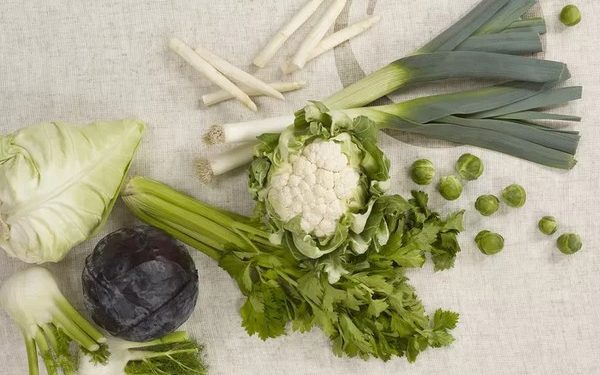Challenging Weather Conditions Impact Belgian Asparagus and Outdoor Vegetables
The end of the Belgian asparagus season, traditionally marked by St. John’s Day, has come earlier this year due to several factors affecting both growers and traders. Benny Cuypers from BelOrta highlights the significant challenges faced this season, attributing the decline in supply over the past two to three weeks to persistent and abundant rainfall.
“Abundant rainfall made for a very difficult season,” says Cuypers. “Production did suffer because we didn’t get the kilos we normally have this season. It was just very difficult work for growers. Harvesting was often almost impossible to do. I estimate we had about 15 percent less volume.” The challenging conditions varied across different fields, with some growers relatively unaffected while others faced half-flooded fields, making harvesting impossible.
The adverse weather conditions not only hampered production but also led to disappointing consumption levels. “Asparagus always requires nice sunny weather, so the rain was not conducive,” Cuypers explains. Despite this, prices remained high due to the scarcity in the market, offering some compensation to those who could still sell their produce.

Transition to Outdoor Vegetables
As the asparagus season ends, attention turns to other outdoor vegetables, which are also experiencing difficulties due to the weather. The transition from greenhouse to open field cultivation has been problematic, with crops like cauliflower, fennel, courgette, and various lettuce varieties having a slower start than usual.
“The weather conditions make it very difficult across the spectrum. The transition from greenhouse growing to outdoor growing has often not really been there,” Cuypers notes. He points out that fennel experienced a real shortage and cauliflower production faced serious losses, leading to gaps in supply.
“It’s about time it dried up. Let’s hope we really get a few months with less rain so that everything can normalize. Because of the scarcity, you do see good prices being paid, but you have to if a grower is experiencing big delays or even production losses. It’s not how you want it,” concludes Cuypers.
The vegetable market faces significant challenges this year, with both production and consumption affected by weather conditions. Growers and traders alike hope for improved weather to stabilize the market and ensure a smoother transition between cultivation methods.































